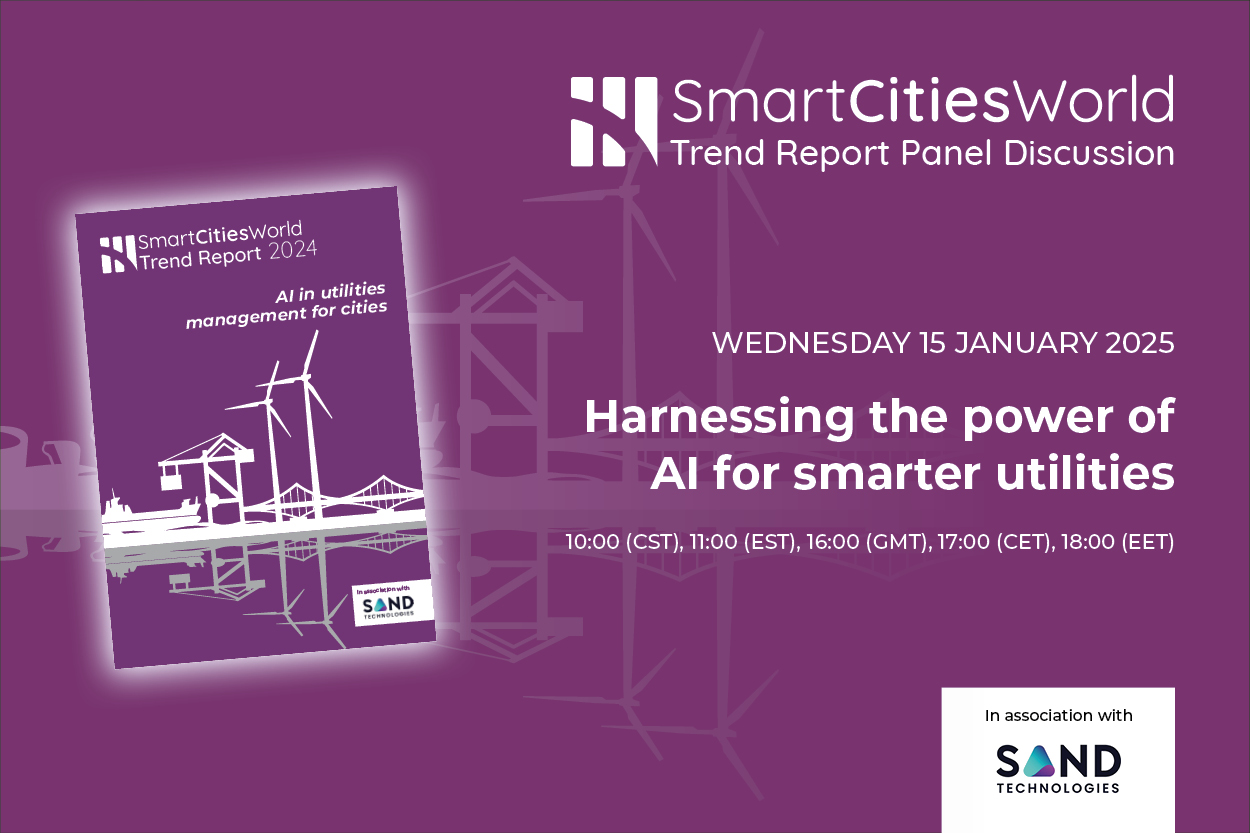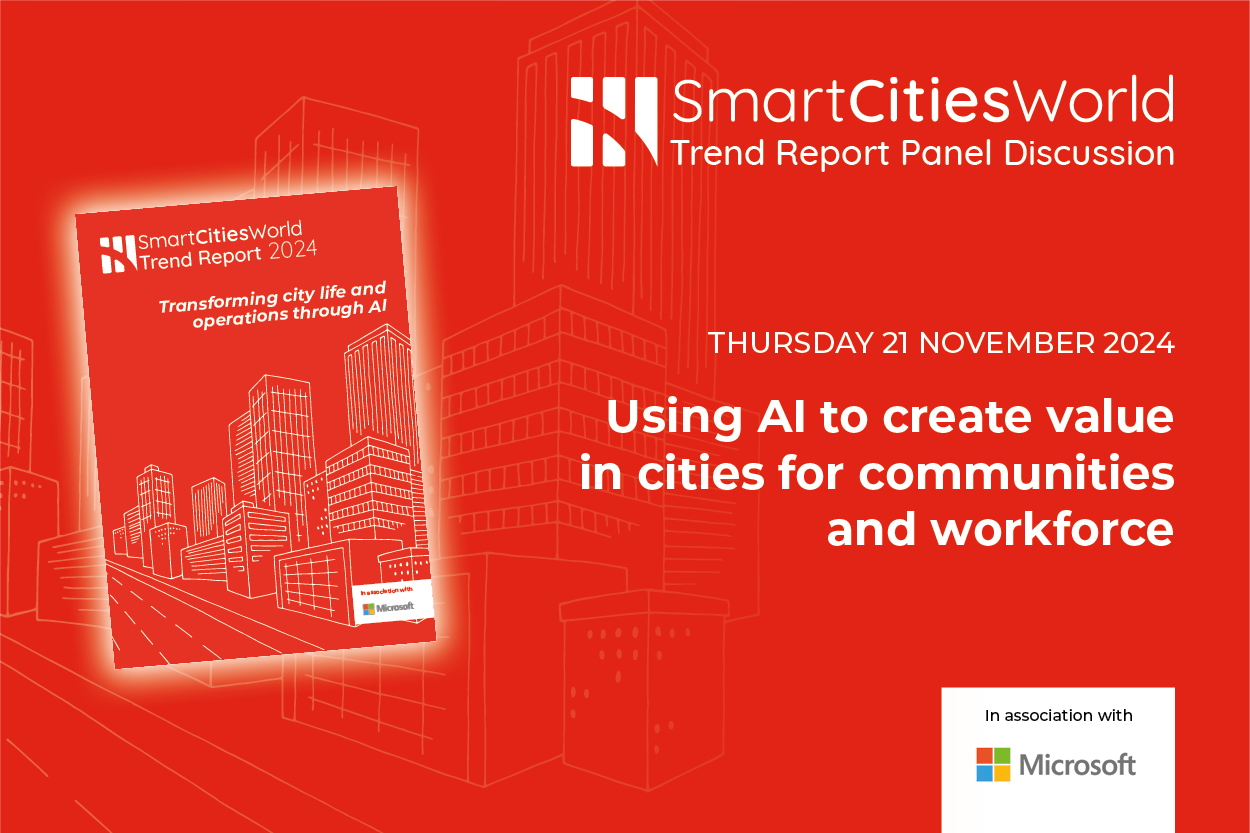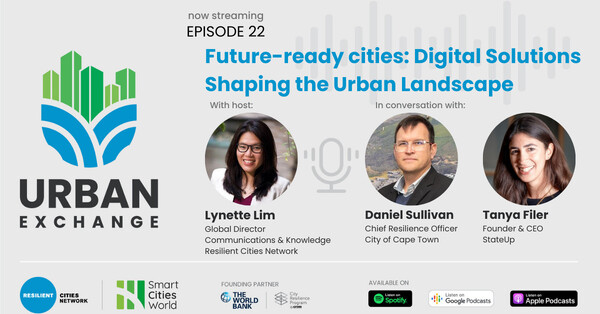Special Reports
SusHi Tech Tokyo 2024: experience ‘Tokyo 2050’ todaySponsored by The SusHi Tech Tokyo 2024 Showcase Program Executive Committee
Smart Infrastructure Round Table Discussions - 5 December 2017
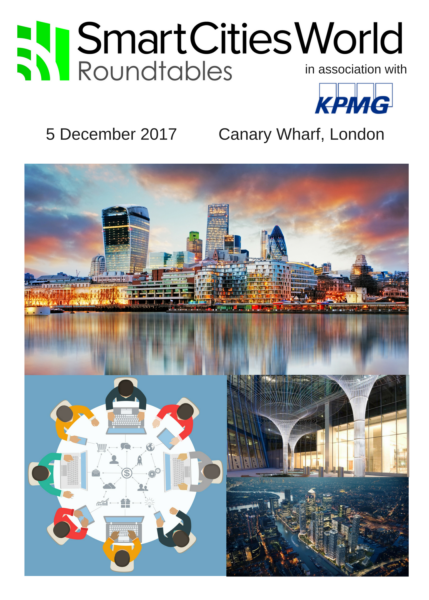
How can new technologies and data transform infrastructure management and city development across UK&I? That is the question we want to discuss at the round table event held at 15 Canada Square, London on 5 December 2017.
The Smart Cities World Roundtable event, in association with KPMG, brings together decision makers from across UK& Ireland to debate how new technologies are already helping to transform smart city infrastructure, but also the challenges needed to be overcome.
Join 40+ of your peers and industry leaders for practical insights and solutions to help deliver a smart infrastructure solution across Energy, Technology, Telecoms, Transport, Utilities, Healthcare and Governance.
The round tables will be split into four subjects covering:
1. Preventative health interventions
2. Responding to emergencies
3. Managing underground utilities
4. Mobility as a Service
Delegates will have the chance to give their view on two of the round table subjects above during the course of the morning.
Registration is free, however applications will be need to be approved by the curator.
Click Here to Register
Agenda for the Day:
13:00 - 13:45 Registration & Lunch
13:45 - 14:00 Welcome & Objectives
14:00 - 15:00 Round Table Discussions
15:00 - 16:00 Round Table Discussions
16:00 - 17:00 Present Findings and panel discussions
17:00 - 17:15 Summary & Close
17:15 - 18:00 Drinks & Networking
Round Table 1: Preventive health interventions

In today’s world, elderly people with long-term conditions often reach crisis point before being rushed to hospital in an ambulance. Instead, we could use new streams of real-time data to spot emerging problems, taking opportunities to intervene before it’s too late; and if an emergency does occur, Smart Infrastructure can support faster and more effective treatment. This session will consider how smart infrastructure could transform the monitoring and treatment of long-term health conditions.
Dr Thishi Surendranathan and Sebastian Habibi to facilitate the group discussion on how new technologies and inter-organisational linkages can improve patient outcomes and reduce the strain on our healthcare systems.
A KPMG White Paper on 'Improving Healthcare' is available in our resources area.
Round Table 2: Responding to emergencies

Our emergency services have to be prepared for every eventuality; they rarely know what to expect when they arrive at an address. But today we have the technology to gather and distribute new forms of data in real time so we could give responding fire and police services much better information about what to expect, helping them to decide on tactics, equipment and prioritisation. And we could use Smart Infrastructure data to dramatically improve the management of evacuations. Here, we consider how to better support emergency services in a particular scenario – that of a fire in a chemical factory.
Wafa Jafri will facilitate a group discussion on how smart infrastructure can contribute to public safety and increase the speed and effectiveness of emergency response.
A KPMG White Paper on 'Tackling Chemical Fires' is available in our resources area
Round Table 3: Managing Underground Utilities

Under our streets lie a complex and largely unmapped web of utilities: a network of wires and pipes that we can only find by digging and only fix following a fault. Instead, we could use robotics technology to map many of these pipes; digital monitoring to avert problems before there’s a breakdown; and information exchange to improve collaboration around maintenance. This session will consider what Smart Infrastructure technologies and partnerships would be required to realise those goals.
Salar Shemirani and Natalie Lye to facilitate a group discussion on how utilities firms can build a detailed picture of where utilities lie, reduce the incidence of accidental damage to cabling and pipework and minimise the disruption caused by roadworks.
Round Table 4: Mobility as a Service

In deploying city wide MaaS projects, public transport and local authorities are faced with exponential challenges around customer choice that are becoming more complex, from the number of providers, products – to the convergence of public (mass transit) and private mobility provisions. In using more data and responsive Smart Infrastructure to spread demand across the network, public bodies will need to think through how to best unlock the commercial, technical and governance challenges - to deliver improved productivity and growth.
Ben Foulser to facilitate a group discussion on how public authorities can develop multi-modal MaaS strategies in a geographic area – making best use of emerging products, operators – and in doing so, reduce delays and congestion
A KPMG White Paper on 'Re-imaging Places: Mobility as a Service' is available in our resources area
Chairperson
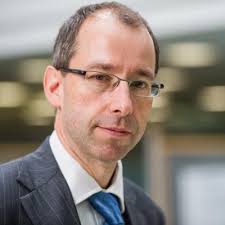
Name: Richard Threlfall
Title: Global Head of Public Transport UK Head, Infrastructure, Building and Construction KPMG LLP
Company: KPMG LLP
Biography: Richard is Global Head of Public Transport and UK Head of Infrastructure, Building and Construction at KPMG. He has over 20 years’ experience in transport policy, strategy and projects, advising both public and private sector clients in the UK and overseas.
Richard began his career as a civil servant at the UK Department for Transport where he held positions in the road, rail and aviation directorates. Between 1996 and 1998 he was Private Secretary to the Secretary of State for Transport and the Deputy Prime Minister. He subsequently moved to the Infrastructure Advisory team at Citigroup before joining KPMG.
Richard has an extensive network of contacts across the transport, utility, infrastructure, and construction markets and the related political, financial and legal communities, in the UK and internationally. His clients include Transport for London, the Department for Transport, and private promoters of transport schemes. He has advised on some of the UK’s most complex projects including High Speed 1, Thames Tideway and the Mersey Gateway Bridge.
He has a long-standing reputation for leading clients through complex and politically high-profile transactions and providing strategic, financial and governance advice in relation to the delivery of transport services and projects.
His current focus is supporting the impending mobility revolution, promoting dialogue between the public and private sectors globally to maximise the social and economic benefits of autonomous vehicles, electric vehicles and mobility as a service.
Richard is a Fellow of the Institution of Civil Engineers and chairs their Northern Powerhouse Steering Group. He is a member of the Infrastructure Board of the Confederation of British Industry. He chairs the Advisory Council of The Infrastructure Forum, which is an independent think-tank which brings together organisations with involvement in UK infrastructure from public, private and regulatory perspectives. He is a prolific writer on infrastructure and transport, and is quoted regularly in the trade and national press.
Preventative Healthcare Round Table Host 1
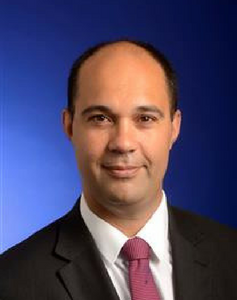
Name: Sebastian Habib
Title: Director, Public Sector & Health
Company: KPMG LLP
Preventative Healthcare Round Table Host 2
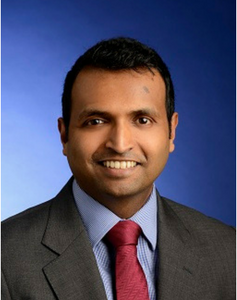
Name: Dr Thishi Surendranathan
Title: Manager Health Advisory
Company: KPMG LLP
Responding to Emergencies Table Host

Name: Wafa Jafri
Title: Associate Director of Power & Utilities and Deal Advisory
Company: KPMG LLP
Managing Underground Utilities Round Table Host 1
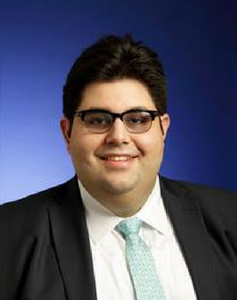
Name: Salar Shemirani
Title: Manager Major Projects Advisory
Company: KPMG LLP
Managing Underground Utilities Table Host 2

Name: Natalie Lye
Title: Manager, Asset Management Advisory
Company: KPMG LLP
Mobility as a Service Round Table Host

Name: Ben Foulser
Title: Associate Director, Transport Technology
Company: KPMG LLP
Managing Underground Utilities - Anchor Delegate

Name: James Monighan
Title: CEO & Founder
Company: Monighan Associates
Preventative Healthcare - Anchor Delegate
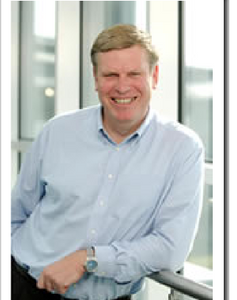
Name: John Coulthard
Title: CEO & Founder
Company: Britelives
